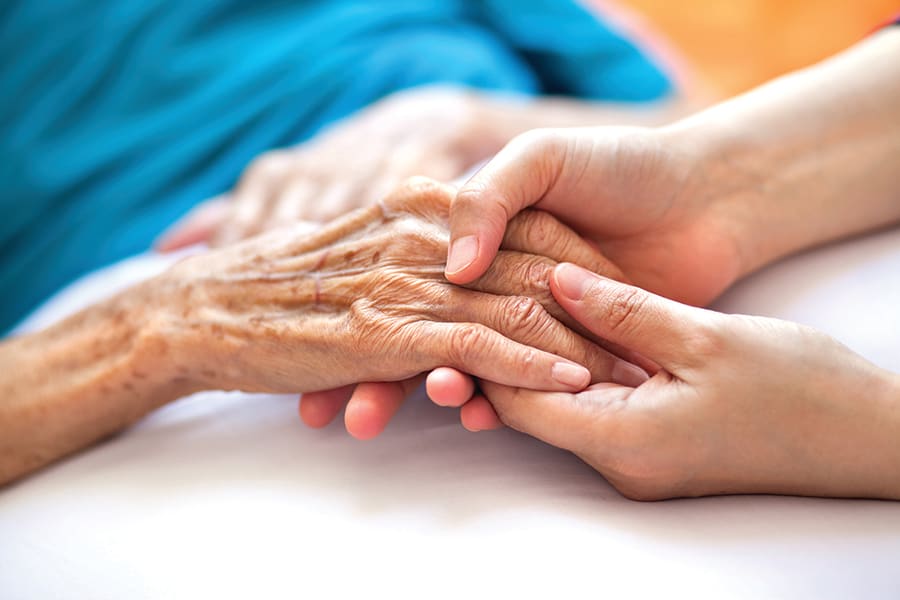Instrumental Support: Donors Making a Difference for Lymphoid Cancer Research
January 29, 2015
Found in Lymphoid cancers, Pathology, Philanthropy and Research
The BC Cancer Foundation provides instrumental support to the Gascoyne Laboratory and a number of other researchers within the Centre for Lymphoid Cancer (CLC) program. Donations made by patients and families in B.C. and elsewhere that are targeted towards the CLC allow us to create the infrastructure to maintain the research enterprise. These funds are critical to our sustainability over time – particularly between large-scale projects. These funds backfill any shortfalls in peer-reviewed grant funding that occur. They also provide the seed funding to allow us to generate preliminary data for new applications, where grant funding is anticipated, but is not yet obtained. Preliminary data can often be the key element that helps secure successful funding.
As a group, the CLC is sincerely indebted to the BC Cancer Foundation, Mr. Douglas Nelson and all of his hard working staff and to the donors across the province who help make much of our work possible. The actual funds provide the fuel, but the knowledge that we have the support of those touched by lymphoid cancers is the engine for lymphoma research in B.C.
My research covers a number of cross-cutting themes and lymphoma cancer types. I am most interested in the two most common non-Hodgkin lymphoma (NHL) subtypes: diffuse large B cell lymphoma (DLBCL) and follicular lymphoma (FL). Together these comprise almost 65% of all NHL cases.
We also have a major research interest in Hodgkin lymphoma (HL), a cancer that frequently affects younger patients. All three of these NHLs are success stories, as we cure many patients with these cancers. Importantly, although all are very treatable, we still see patients where our current approach to therapy does not result in a long-term cure. These patients represent a major focus of my work that is aimed at trying to determine “why not?” We are exploring the molecular/genetic factors that underlie patients destined to have their therapy fail. By studying these patients, we hope to a) learn how they differ from those patients who experience long-term cure, and b) develop tests that can identify these people before their initial therapy. If successful, we can use these tools to assess all patients at diagnosis, identify those with more aggressive disease, and offer them treatment approaches +/- targeted therapies with an improved likelihood of cure.
Where is cancer research going? We are well into an era of so-called “precision” or “personalized oncology.” The precise definition is somewhat of a moving target, but for me it means that we will use the specific genetic profile of a patient’s tumour to determine the optimal therapy. In the near future, not all patients with a specific NHL type will receive identical treatment, but rather we will plan individual therapies based on the unique characteristics of each patient’s cancer.
Thank you for reading my blog this month!
Randy


